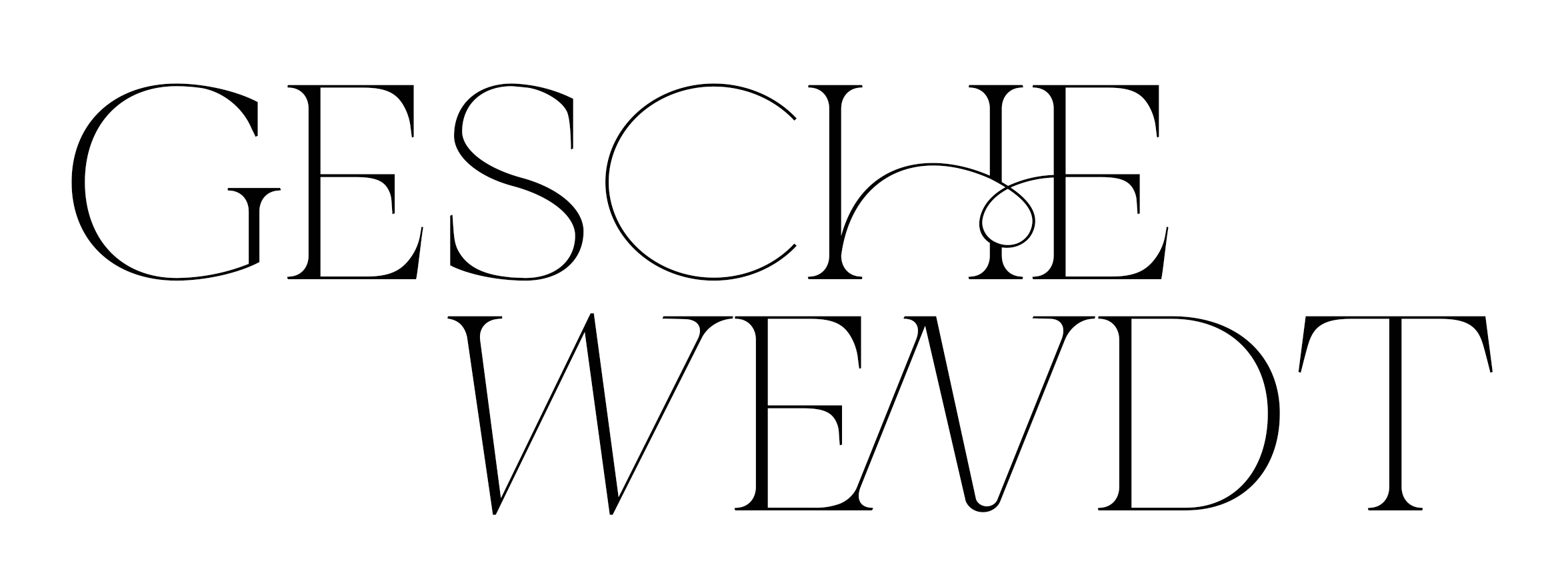Fauna - Behind Bars
Animals in zoos are captivating creatures that serve as ambassadors for their wild counterparts. These carefully curated environments provide a unique opportunity for people to observe and learn about diverse species from around the world. While the primary goal of zoos is education and conservation, the welfare of the animals is of utmost importance.
Zoos strive to create habitats that mimic the natural environments of the animals, offering them ample space, appropriate nutrition, and enrichment activities to promote physical and mental well-being. Trained and dedicated professionals, including veterinarians and animal care experts, ensure that the animals receive proper medical care and attention.
Moreover, zoos actively participate in breeding programs to conserve endangered species and prevent their extinction. Through these efforts, zoos contribute to the global conservation of biodiversity and raise awareness about the importance of protecting animals and their habitats.
It is essential to recognize that the role of modern zoos has evolved over time, with a strong emphasis on animal welfare and conservation. Ethical zoos prioritize research, education, and advocacy, striving to inspire visitors to become active participants in wildlife conservation efforts.
While the debate around the ethics of keeping animals in captivity continues, responsible zoos play a vital role in conservation, education, and fostering an appreciation for the natural world. They provide opportunities for people to connect with animals, fostering empathy and a desire to protect them in their natural habitats. By supporting well-managed zoos, individuals can contribute to the welfare and conservation of animal species for generations to come.
(Photographed by © Gesche Wendt)
